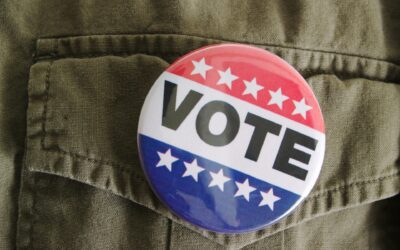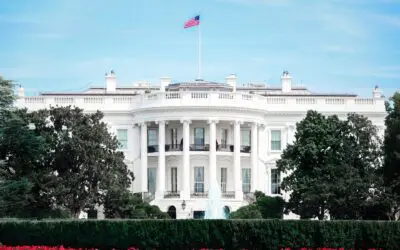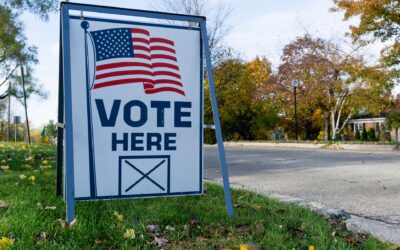A new survey[1] of presidential-year millennial voters in four critical battleground states, conducted for NextGen Climate and Democracy Corps by Greenberg Quinlan Rosner, shows that a strong majority of these voters across all four states view climate change as a significant threat that demands federal action – including those who are likely to vote next week. Perhaps more important, they have no time for politicians who would deny science by claiming that climate change is not caused by humans. In an open-ended response, a large majority of millennials describe such politicians as “ignorant,” “stupid,” “out of touch” or something similar. One important finding is that independent millennial voters are much closer to Democratic millennials than they are to Republican millennials, on nearly every measure tested, again showing overwhelming support for climate action. Only the 11 percent of millennials who identify as conservative Republicans show solid backing for climate change deniers.
Meanwhile, an overwhelming margin of millennial voters – including Republicans – say climate change denial would make them less likely to support a candidate – with more than 41 percent saying it would disqualify that candidate regardless of their other positions. With such strong sentiments, it is not surprising that millennial voters prefer a candidate who backs climate action over one who denies climate science by nearly 50 points.
[1] The following memo is based on a survey of 1,000 voters in Colorado, Iowa, New Hampshire and Florida (250 per state) age 18 – 34 who either voted in 2012 or were too young to do so conducted October 21-28. The survey was conducted via cell phone (2/3 of the sample) and Internet (1/3 of the sample), with a small additional landline sample in New Hampshire. The margin of error for the entire sample is 3.1 percent. For each state it is 6.2 percent. Roughly half of the sample are likely 2014 voters, as defined by a combination of past vote history from the voter file, where available, stated past vote history, where not, and stated 2014 vote intention. Also referenced are results among non-millennials from a national survey of 950 2012 voters conducted October 16-21.




